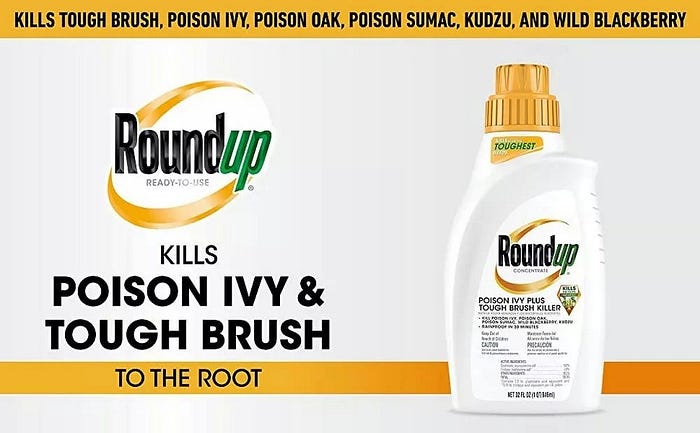The Best Surfactant for Roundup: What to Look For

When it comes to finding the best surfactant for Roundup, there are a few things you need to take into account. The first is the active ingredient in Roundup, glyphosate. Glyphosate is a non-selective herbicide, meaning that it will kill most plants that it comes into contact with. This is why it’s so important to use a surfactant with Roundup, so that the Roundup can be targeted at the plants you want to kill, and not the plants you want to keep.
The second thing to consider is the type of surfactant you want to use. There are two main types of surfactants: nonionic and ionic. Nonionic surfactants are the more common type, and they work by lowering the surface tension of the water so that the Roundup can more easily penetrate the plant’s leaves. Ionic surfactants, on the other hand, work by increasing the surface tension of the water, which makes it more difficult for the Roundup to penetrate the plant’s leaves.
So, which is the best surfactant for Roundup?
The answer to that question depends on a few factors, including the type of plants you’re trying to kill, the concentration of glyphosate in the Roundup, and the type of surfactant you’re using.
If you’re trying to kill a broad range of plants, then a nonionic surfactant is probably your best bet. If you’re trying to kill a specific type of plant, then an ionic surfactant might be a better choice. And if you’re using a high concentration of glyphosate, then you might want to use a surfactant that has both ionic and nonionic properties.
No matter which surfactant you choose, make sure that it’s compatible with Roundup and that you follow the instructions on the Roundup label.
Roundup is a very popular weed killer, but it’s not always the most effective. In order to make Roundup work better, you need to add a surfactant. A surfactant is a substance that lowers the surface tension of a liquid, which allows it to spread out and wet surfaces better.
There are many different surfactants on the market, but not all of them are created equal. When you’re looking for the best surfactant for Roundup, there are a few things you need to keep in mind.
First, you need to make sure that the surfactant you choose is compatible with Roundup. Some surfactants will actually degrade the effectiveness of Roundup, so you need to be careful.
Second, you need to choose a surfactant that has a low toxicity. Some surfactants are very toxic to humans and animals, so you need to make sure you’re not using something that could harm you.
Finally, you need to make sure that the surfactant you choose is effective. Some surfactants are not very effective at spreading Roundup, so you need to choose one that will help Roundup work better.
The best surfactant for Roundup is one that is compatible with Roundup, has a low toxicity, and is effective at spreading Roundup. You can find all of these things in a surfactant called Polyethylene Glycol.
Polyethylene glycol is a surfactant that is used in many different products, including Roundup. It is very effective at spreading Roundup, and it is also very safe for humans and animals.
If you’re looking for the best surfactant for Roundup, polyethylene glycol is the way to go.